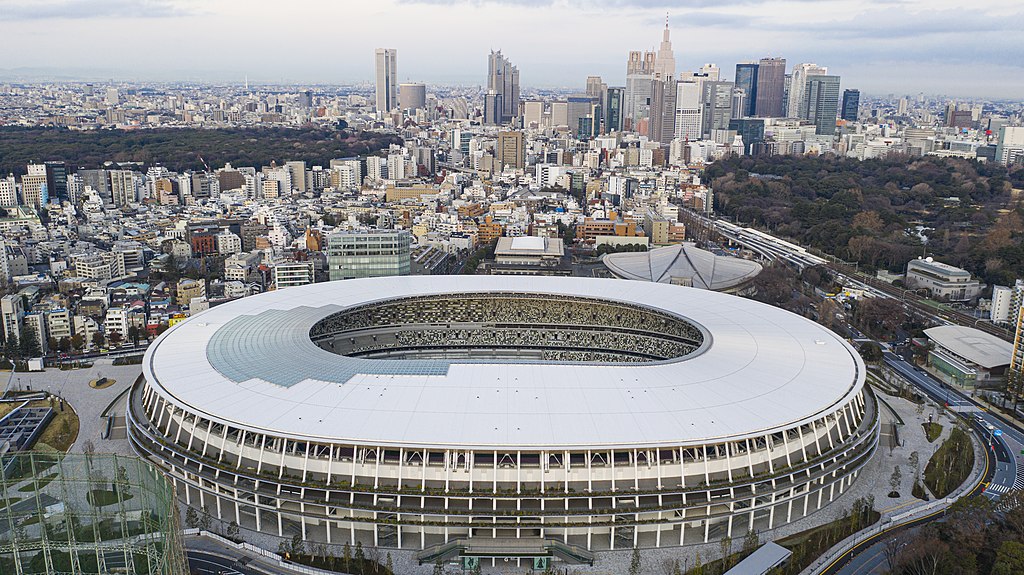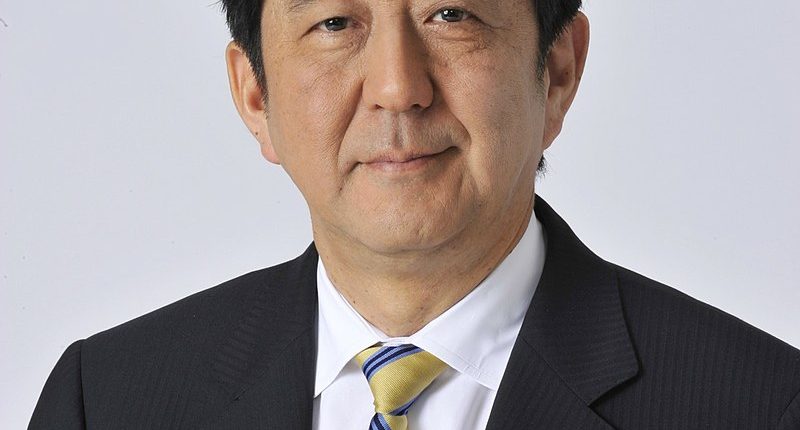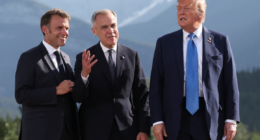Due to the spread of coronavirus in many countries, the International Olympic Committee and officials in Japan postponed the Olympics planned for Tokyo this year – to 2021.
With the increasing number of COVID-19 linked infections and deaths in the United States and now Japan, uncertainty prevails, and some people have started to question whether the Olympics should be canceled altogether.
Yet, despite unpredictable circumstances, the ruling administration of Prime Minister Shinzo Abe has repeatedly asserted, since March when the pandemic started to take hold, that the Olympics will, without fail, be held in Tokyo.
But why does the Abe administration insist on holding the Tokyo Olympics when the world has bigger issues to deal with?
Japan’s Myth: the success of the 1964 Tokyo Olympics
After World War Two, Japan was occupied by the United States for seven years.
When the United States left most of Japan in 1952, the country worked hard to change its public image and boost the economy.
As part of this process the government of Japan at the time applied to the International Olympic Committee to be allowed to host their flagship event, and was eventually awarded this right right in 1964, after initially failing in 1960.
The government spent approximately US$30 billion in preparing for the Games – most notably by completing the nation’s high-speed railway and expanding the train systems in major cities to make commutes easier.
The famous Japanese” Shinkansen” (bullet train) became one of the most advanced transportation systems in the world at that time, and was unveiled just prior to the Games.
In addition to the establishment of a convenient transportation system, the 1964 Tokyo Olympics was also the first Olympic Games to introduce global broadcasting technology.
Through TV broadcasts, many people around the world had the opportunity to see the transformation of Japan after World War II.
Many foreigners were also astonished by Japan’s visible culture in 1964, consisting of clean and pristine cities, safe living environments, and polite people.
From the lost decades to Abe’s failure to reform
The Japanese economic recession began post-Bubble in 1990, and became an ongoing nightmare for people and politicians over the next 25+ years.
Before Prime Minister Shinzo Abe came to office – second time round – almost all the nation’s politicians and a rapid turnover of prime ministers had worked towards breathing life into the economy for years, but all had ultimately failed.
In late 2012, and again in 2015, Abe launched his now famous Abe Economy known as ‘Abenomics’ – a new policy aimed at reforming Japanese social structure and bringing an end to the financial deficit the country faced.
At the same time, Japan applied to host the 2020 Olympics, claiming the event would stop the 30-year recession, and serve as a way to help rebuild a nation shattered by the March 2011, earthquake and tsunami in Fukushima.
However, Japan’s economy barely moved after 2012, and the quantitative easing policy in turn aggravated the financial deficit.
The failure of the economy – again – represented Abe’s LDP (Liberal Democratic Party) government and its inability to reform.
A successful Japanese-held Olympics, therefore, will possibly become the only political achievement Abe leaves behind when he retires.

Will Japan Benefit from the Game?
Unfortunately, no experts have guaranteed that Japan will reap any significant economic benefit from holding the Olympic Games.
The primary purpose of successfully holding the Olympics is to show the world a host nation’s achievements in terms of rapid economic development and growth.
However, most countries hosting the Olympics end up with a more significant financial deficit than they had beforehand, and Japan is facing the same plight.
The Japanese government and companies have already invested more than 250 billion dollars since 2012.
No matter whether or not the Games are merely postponed or eventually canceled, it seems impossible for Japan this time at least, to gain any financial benefit, and Abe might not be able to meet his political goals.











Comments are closed.